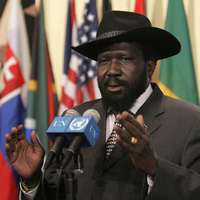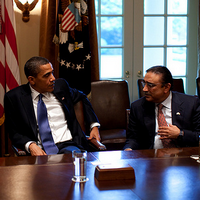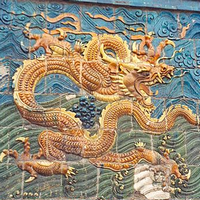
In December, with a dispute over oil-transit fees between Sudan and South Sudan exacerbating already tense post-independence relations, the world looked to China to save the day. Beijing sent Special Envoy Liu Guijin to negotiations in Addis Ababa in the hopes of brokering a deal on oil revenues and facilitating a final post-independence settlement between the two sides. A month later, the crisis between and within the two Sudans continues. But the episode raises the question of whether China’s evolving Sudan policy reflects a broader evolution in its approach to African and international diplomacy. China’s current relations with the two […]


